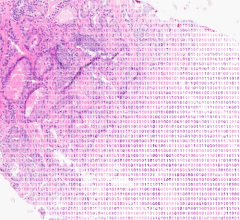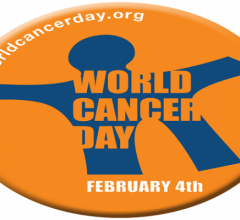December 27, 2007 – This January, during Cervical Health Awareness Month, the National Cervical Cancer Coalition (NCCC) is focused on educating women about the importance of the Pap test as a screening tool for cervical cancer/HPV and about vaccines that can further reduce the burden of this devastating disease.
Approximately 10,000 American women will learn they have cervical cancer/HPV this year, and nearly 4,000 will die from an advanced form of the disease.
The coalition encourages women to contact their health care provider to schedule a Pap test to check for cervical cancer. This screening is a crucial part of a woman's health care regimen, yet one that many overlook.
While routine administration of Pap tests is the best means of detecting cervical cancer at an early stage, vaccines have the potential to protect women from the disease, by targeting cancer-causing types of the human papillomavirus (HPV). HPV, a virus transmitted through sexual contact, is the single known cause of cervical cancer. Two forms of the virus, HPV 16 and HPV 18, account for more than 70 percent of all cervical cancer cases. Some medical experts believe that through a successful education, screening and vaccination program for women, we will have the potential to nearly eliminate cervical cancer in the U.S.
"These vaccines represent a major advancement in women's health and in cancer prevention. With these new tools, we may be able to help ensure no woman in the United States has to endure cervical cancer," says Juan C. Felix, M.D., chairman of the NCCC medical advisory panel and chief of OB/GYN pathology at the Women's and Children's Hospital, University of Southern California Keck School of Medicine. "We hope these vaccines will make cervical cancer a concern of the past."
For more information: www.nccc-online.org


 September 07, 2023
September 07, 2023 






